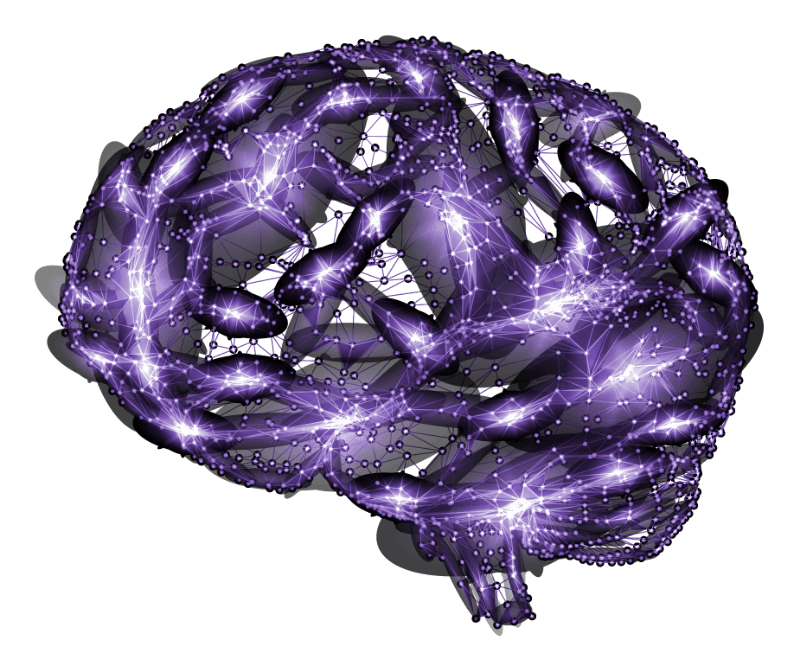How challenges experiencing satisfying pleasure sabotages well- being.KEY POINTS:Anhedonia is the diminished ability to experience satisfying pleasures. It is common among various mental health issues.Addressing anhedonia is key to improving mental health and sexual...








